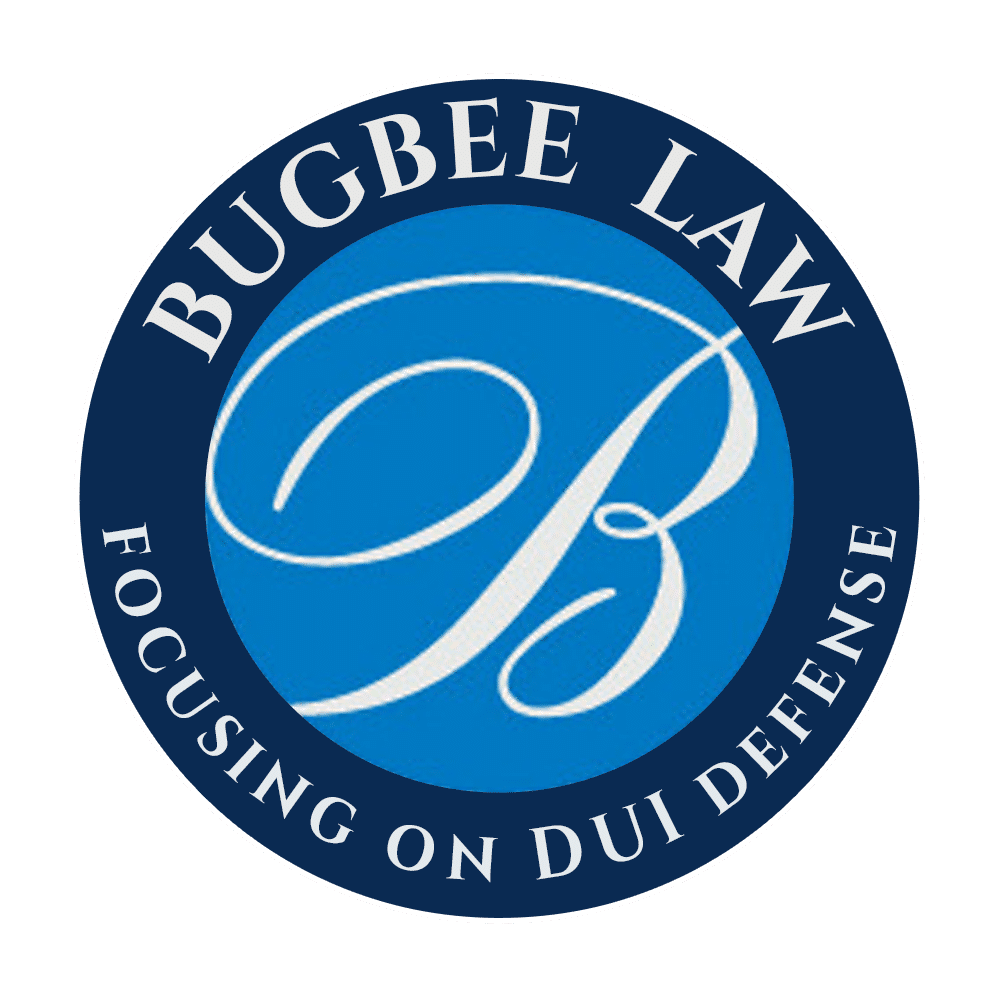
If you commit a crime, you could be facing a felony or a misdemeanor. Both of these are criminal offenses. However, the consequences vary significantly in Washington State.
In this article, we’ll explore the biggest differences between a felony vs. a misdemeanor so that you know what to expect if anyone you know is charged with a crime.
What is the difference between a felony vs. a misdemeanor?
The biggest difference between a felony vs. a misdemeanor is the type of crime. Felonies are more serious than misdemeanors, meaning that they come with greater penalties.
On the other hand, while misdemeanors are generally minor crimes, they can still result in jail time and fines of multiple thousand dollars.
Let’s talk more about the differences between the two types of crimes.
What is a felony?
A felony is a serious, sometimes violent, crime that can result in prison time and thousands of dollars in fines. In Washington State, there are Class A, Class B, and Class C felonies.
Below is a breakdown of these different felonies:
- Class A Felony: The worst of the worst crimes result in a Class A felony in Washington State. Murder, assault with a deadly weapon, and nonconsensual intercourse all fall into this category.
- Class B Felony: This type of felony is less serious than a Class A felony but more serious than a Class C felony. It covers crimes such as stealing a vehicle, breaking into someone’s home, or committing second-degree manslaughter (meaning that criminal negligence has been shown).
- Class C Felony: A Class C felony is the least penalized felony. It is used for crimes such as stealing someone’s online data or property in the price range of $750 to $1,500 (aside from a gun or vehicle, which qualifies as a Class B felony). You can also get charged with a Class C felony if you assault someone in the third degree, such as to stop an arrest.
What are the potential consequences of a felony?
Felonies can affect your life in many ways, and depending on whether you are charged with a Class A, B, or C felony, you could face different consequences. Here are the potential consequences of getting charged with a felony here in Washington State:
- The potential penalties of a Class A felony are spending the rest of your life in prison and paying as much as $50,000.
- Class B felonies come with as much as a decade behind bars and $20,000 in fines.
- A Class C felony can land you in jail for five years and cause you to be fined upwards of $10,000.
- Felonies can cause you problems in securing a job, finding a good place to live, going to school, and joining the military. It can also strain your relationships due to the amount of time you could be spending away from your family, friends, and loved ones.
Wondering how to find a good criminal defense attorney who can help minimize the potential penalties of your felony charge? Contact Bugbee Law Office today.
What is a misdemeanor?
Compared to a felony, a misdemeanor is a minor crime. There are two basic types of misdemeanors: a plain misdemeanor and a gross misdemeanor.
Plain misdemeanors include things such as prostitution, exposing yourself to a minor, and stealing a shopping cart. Gross misdemeanors include crimes such as a DUI (driving under the influence), going against the terms of a protective order, or stalking someone in a way that doesn’t meet the criteria for it to be considered a felony.
A gross misdemeanor has greater consequences than a plain misdemeanor but fewer consequences than a felony conviction. Both, however, can land you time behind bars and thousands of dollars in fines.
What are the potential consequences of a misdemeanor?
The majority of states require you to pay a fine and spend up to one year in jail after a misdemeanor conviction. Washington State has different penalties for the two types of misdemeanors, including plain misdemeanors and gross misdemeanors. Here’s what to expect:
- Plain misdemeanors can land you as much as 90 days behind bars and require you to pay up to $1,000. (RCW 9A.20.010)
- Gross misdemeanors are punishable by upwards of 364 days behind bars and/or up to $5,000 in fines. (RCW 9.92.020)
- DUIs have additional consequences beyond fines and jail time. You may lose your license and have to attend a treatment program.
- Similar to felonies, misdemeanors go on your record, which can make it difficult for you to secure employment, rent a home, or go to school.
How can a criminal defense attorney help?
If you or an acquaintance are ever charged with a misdemeanor or a felony, a criminal defense attorney is your best resource. As criminal defense attorneys, we can go through your case in detail to see if there is sufficient evidence for a conviction.
Some other benefits of hiring a criminal defense lawyer from our law firm are that we know Washington State laws inside and out, and have extensive prosecution and defense experience, which allows us to present your case in the best way possible.
Criminal defense attorneys know how to tell if a search was conducted legally and, if it wasn’t, we can help get the evidence against you deemed inadmissible in court (i.e., thrown out). We can also help you to know what steps to take during and after your case so that you never feel uncertain about what you’re supposed to do.
While being convicted of a crime is not easy, having a qualified criminal defense lawyer in your corner can make the process more manageable.
Looking for an experienced attorney who can help you understand the differences between a felony vs. a misdemeanor? Chris Bugbee of Bugbee Law Office is here to help. Schedule a free consultation today.
View Our Privacy Policy
The information on this website is for general information purposes only. Nothing on this site should be taken as legal advice for any individual case or situation. This information is not intended to create, and receipt or viewing does not constitute, an attorney-client relationship.
© 2016 Bugbee Law Offices, P.S.

